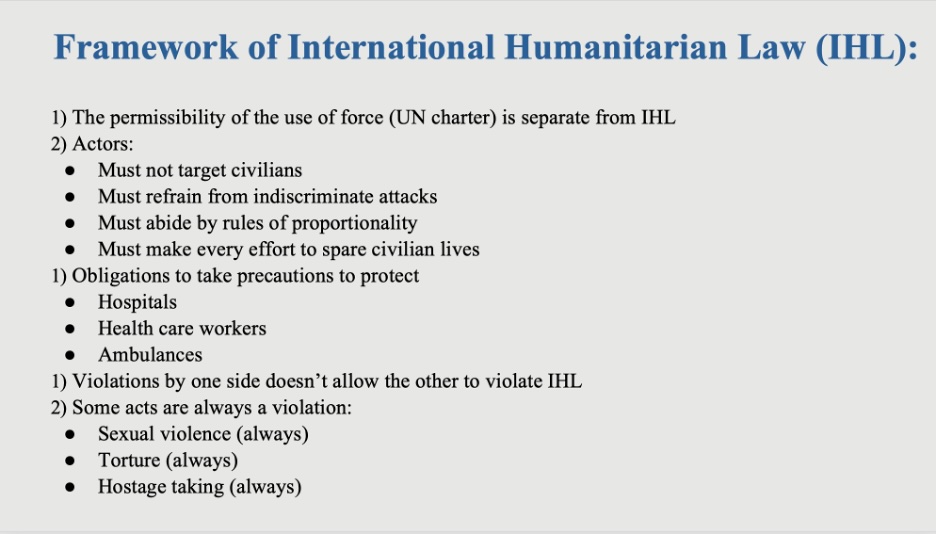Title: The Suppression of Discourse on Maternal Health in Gaza: A Case Study
Introduction:
Alexander Smith, a contracted senior adviser at the U.S. Agency for International Development (USAID), found himself at the center of controversy when his PowerPoint presentation on declining maternal health in Gaza was canceled. This article examines the events leading up to the cancellation and highlights the implications of suppressing discussions on international humanitarian law and the health crisis in Gaza.
Declining Maternal Health in Gaza: An Urgent Issue:
Smith, a lawyer and public health expert, had been working for USAID for four years when he submitted an abstract for his presentation titled “An Intersectional Gender Lens in Gaza: Ethnicity, Religion, Geography, Legal Status, and Maternal/Child Health Outcomes.” The presentation aimed to shed light on the alarming decline of maternal health in Gaza, drawing on data from reputable sources such as the United Nations and World Health Organization.
Controversy Surrounding International Humanitarian Law:
A single slide in Smith’s presentation mentioned international humanitarian law in the context of the health crisis in Gaza. While Smith did not specifically mention Israel, USAID staff expressed concerns about potential leaks and the discussion of international law. Despite Smith’s willingness to make revisions, his presentation was ultimately canceled.
The Role of Politics in Silencing Discourse:
The cancellation of Smith’s presentation raises questions about the suppression of discussions related to Israel’s compliance with international law. The State Department’s report on Israel’s conduct in Gaza had already sparked controversy within USAID, with officials urging Secretary of State Antony Blinken to find Israel’s commitments to international law lacking credibility. The reluctance to address this issue within USAID suggests a broader political influence on discourse surrounding Gaza.
The Impact on Freedom of Speech and Transparency:
Smith’s case highlights the challenges faced by individuals who seek to address sensitive topics within government agencies. The decision to cancel his presentation raises concerns about the freedom of speech and transparency within USAID. The agency’s statement, declining to comment on personnel matters, does little to address these concerns.
The Consequences of Silence:
The suppression of discussions on Gaza’s health crisis not only hinders the dissemination of vital information but also perpetuates a lack of accountability. By silencing discourse on the suffering of pregnant women in Gaza, the international community misses an opportunity to address the urgent needs of this vulnerable population.
Conclusion:
Alexander Smith’s experience serves as a cautionary tale about the challenges faced by those who attempt to shed light on sensitive issues within government agencies. The cancellation of his presentation on declining maternal health in Gaza raises questions about the suppression of discussions on international humanitarian law and the consequences of silencing discourse. It is crucial to foster an environment that encourages open dialogue and transparency to address the urgent needs of marginalized populations effectively.


